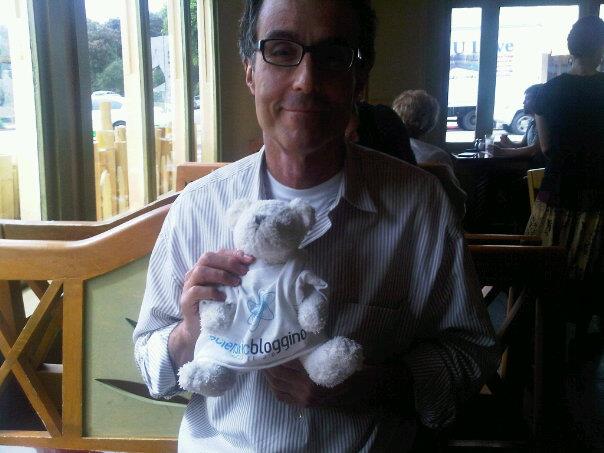 If You Care About Earth Day, Stop Buying Organic, Fair Trade And Other Junk Stickers On Products
If You Care About Earth Day, Stop Buying Organic, Fair Trade And Other Junk Stickers On ProductsAs Lenin's Birthday Earth Day approaches, all of media are pillaged by public relations flaks being...
 If A Weedkiller Turned You Gay, We'd Like To Interview You
If A Weedkiller Turned You Gay, We'd Like To Interview YouRobert F. Kennedy Jr. is a lawyer who leveraged a name that was essentially beatified by Democrats...
 Study Says Gen X Is 'Biologically Aging' Faster Than Boomers
Study Says Gen X Is 'Biologically Aging' Faster Than BoomersPeople are living better lives for longer than ever but an EXPLORATORY study using a computer simulation...
 If You Care About Emissions, Rethink Urban Agriculture
If You Care About Emissions, Rethink Urban Agriculture Urban/local/small ag is a feel-good fallacy. There is nothing wrong with wishful thinking and aspirations...











